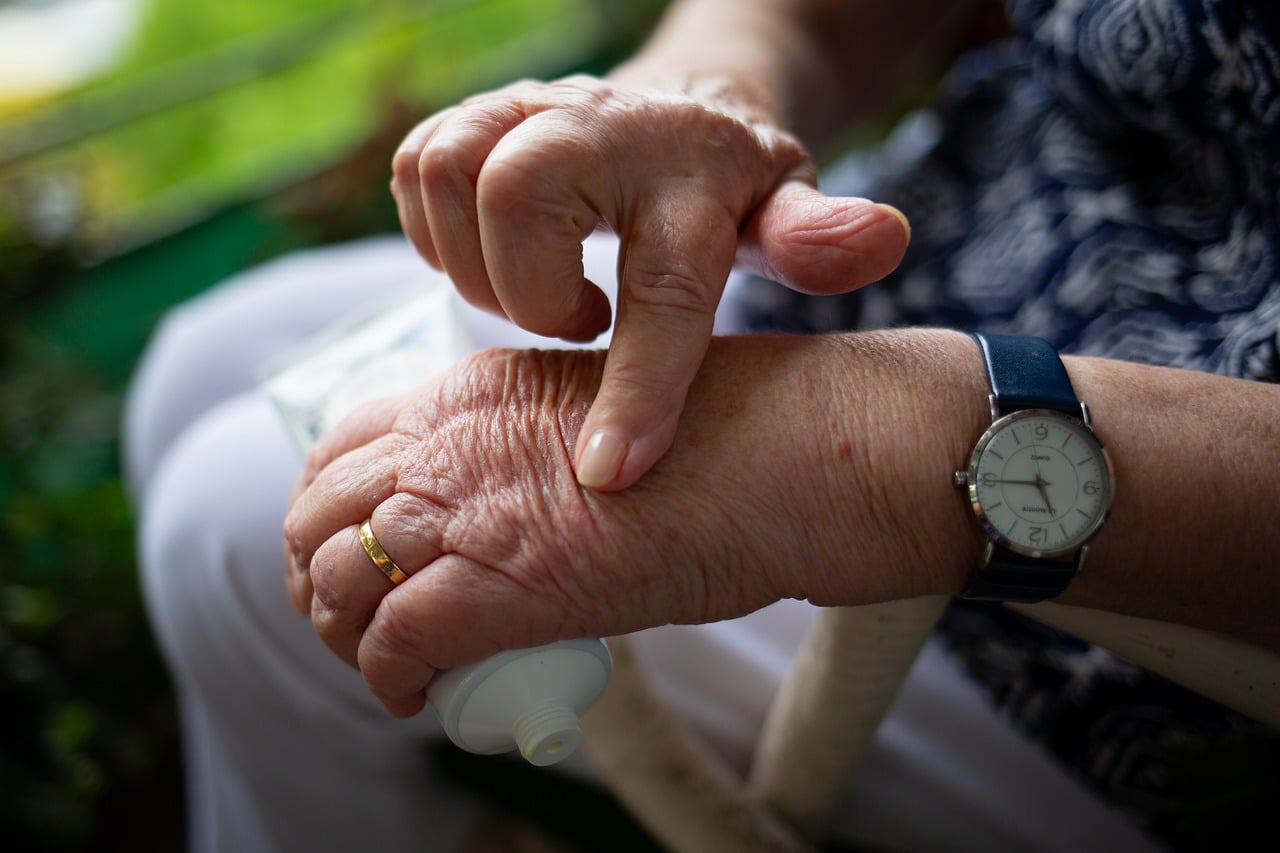Understanding Arthritis: Care and Support for Older Adults

Building on our previous discussion on Understanding Dementia Care Support, we turn our focus to another common health condition affecting older adults: arthritis. This condition, while primarily physical, can have a profound impact on an individual’s mobility, independence, and overall quality of life.
What Is Arthritis?
Arthritis is a broad term describing inflammation of the joints. It encompasses over 100 different types, but the most common forms in older people are:
- Osteoarthritis (OA): Often called “wear-and-tear arthritis,” it occurs when the cartilage cushioning the ends of bones deteriorates over time.
- Rheumatoid Arthritis (RA): An autoimmune condition in which the immune system attacks the joints, causing inflammation and damage.
- Gout: A type of arthritis caused by the buildup of uric acid crystals in the joints, often affecting the big toe.
For more detailed information about arthritis and its various types, visit the NHS arthritis overview.
Symptoms to Watch For
Older adults with arthritis may experience:
- Joint pain, swelling, and stiffness.
- Difficulty moving joints, particularly after periods of rest.
- Visible changes to the joints, such as redness or deformity.
- Fatigue and reduced range of motion.
Risk Factors and Causes
Several factors contribute to the development of arthritis:
- Age: The likelihood increases as joints undergo natural wear and tear.
- Weight: Carrying excess weight places additional pressure on the joints, especially the knees.
- Family History: Genetics can play a significant role in susceptibility.
- Injuries: Joint injuries can lead to arthritis later in life.
- Lifestyle: Sedentary habits or repetitive joint strain can increase the risk.
Managing Arthritis in Older Adults
While arthritis cannot always be cured, effective management can improve quality of life.
1. Medication and Pain Management
- Over-the-counter painkillers, such as paracetamol or ibuprofen.
- Prescribed medicines, including disease-modifying antirheumatic drugs (DMARDs) for rheumatoid arthritis.
2. Exercise and Movement
- Low-impact activities like walking, swimming, or yoga help reduce stiffness and maintain joint function.
- Exercises tailored by a physiotherapist can strengthen muscles around the joints.
3. Lifestyle Adjustments
- A balanced diet with anti-inflammatory foods, such as fish, vegetables, and whole grains, can help manage symptoms.
- Maintaining a healthy weight to reduce strain on the joints.
4. Support Aids
- Using mobility aids, such as walking frames or grab rails, can make daily activities easier.
Proper care and support can significantly improve the quality of life for older adults with arthritis. Our previous article on tips for family carers offers more insights into supporting loved ones at home.
How Carers Can Help
Carers play a vital role in supporting older adults with arthritis. Key ways to assist include:
- Encouraging adherence to medication and treatment plans.
- Assisting with mobility and ensuring the home is arthritis-friendly.
- Providing emotional support, as arthritis can impact mental health.
- Helping with joint-friendly exercises and promoting independence wherever possible.
Did You Know?
- Arthritis is one of the most common causes of disability among older adults.
- Early intervention and proper management can slow its progression and improve daily functioning.
Conclusion
Arthritis is a common condition that requires both physical and emotional support. With appropriate care and lifestyle adjustments, older adults can continue to lead fulfilling lives.
If you or a loved one could benefit from arthritis care support, reach out to Caremark Barking & Dagenham. We’re committed to providing high-quality care that allows people to live with respect and dignity. Contact us today to learn more.
Next week, we will spotlight another health condition impacting older adults. Stay tuned!